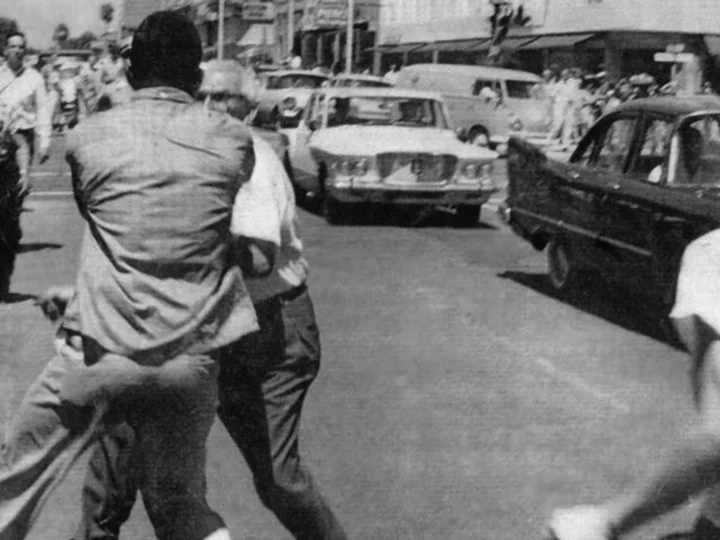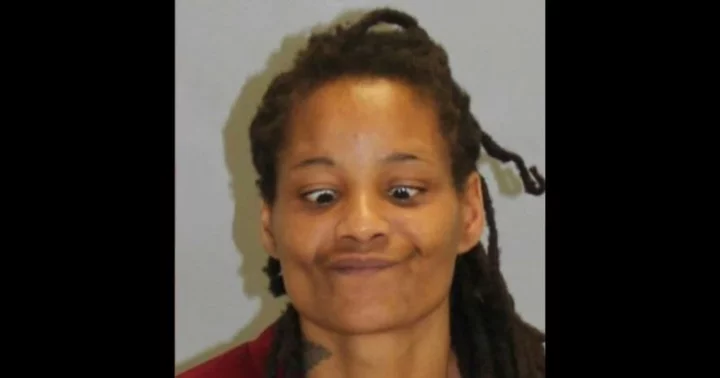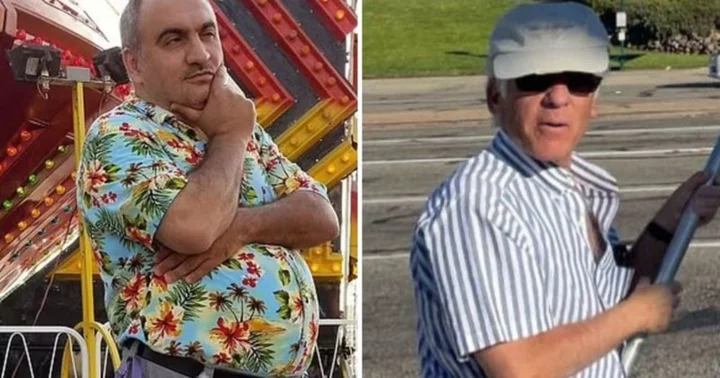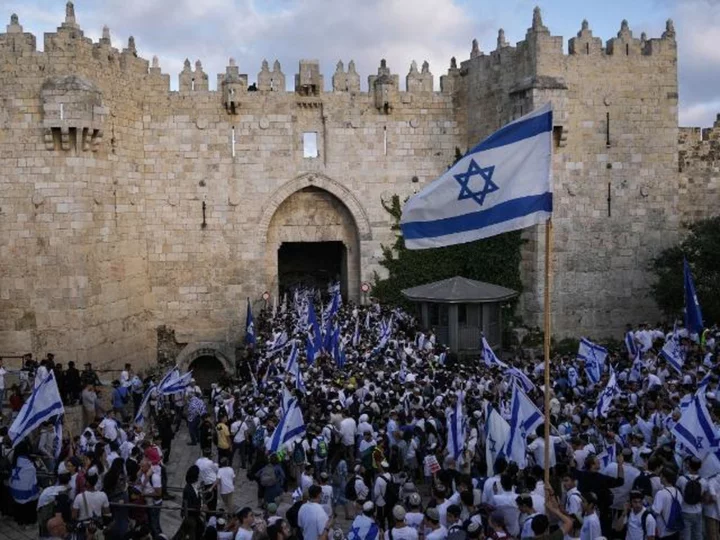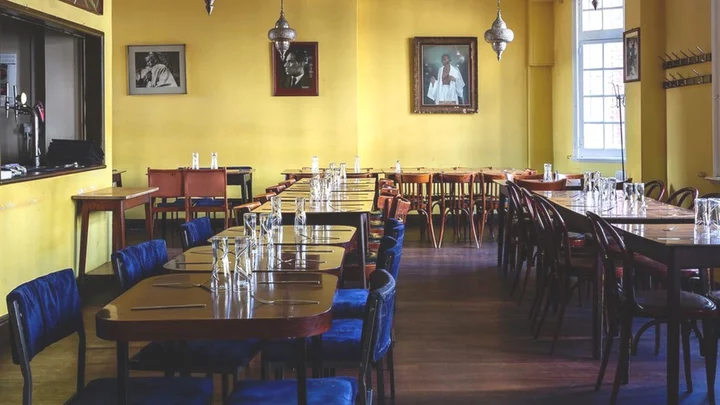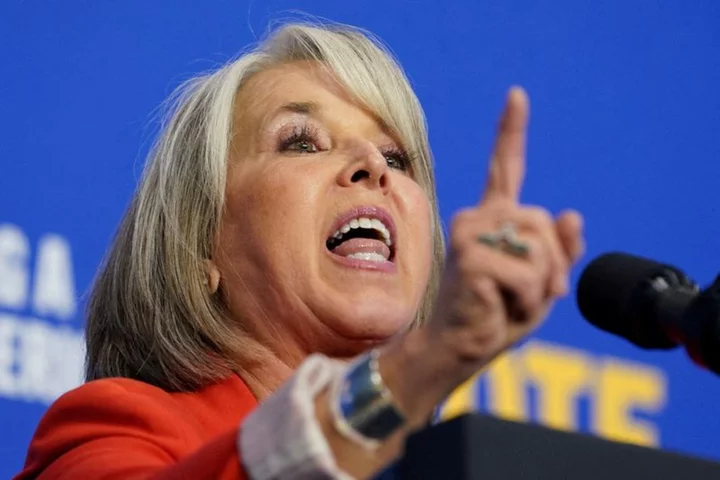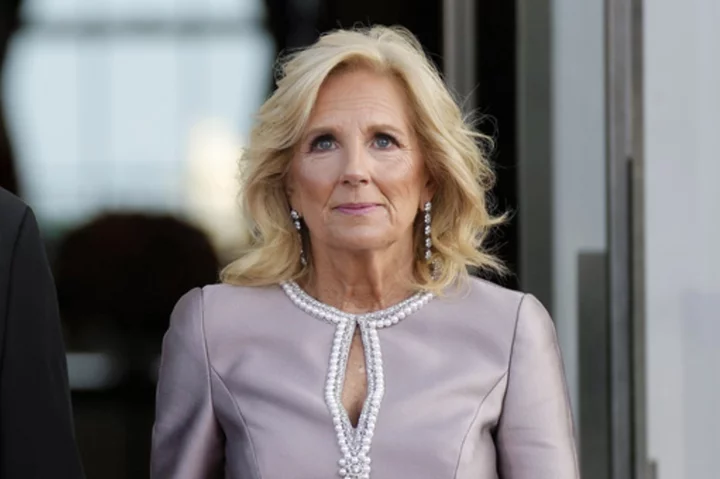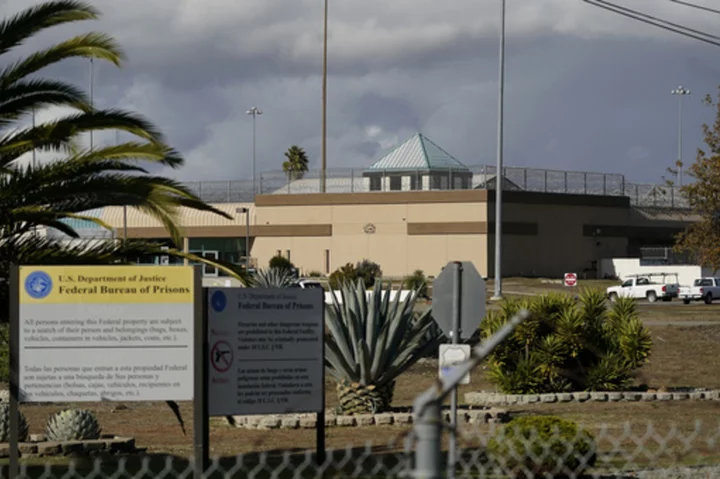As the nation learned that a White man killed three Black people in a racist attack in Jacksonville, Florida, Saturday, it renewed for many the sense of urgency to confront the racism that still permeates the United States.
"You don't have to like me, but we have to understand how to deal civilly with issues," Martin Luther King III told CNN's Dana Bash. "And we've got to do something to change that — not tomorrow, we got to do something now."
The attack happened as King and other civil rights leaders were commemorating the 60th anniversary of the March on Washington.
For residents in Jacksonville, the shooting also brought back painful memories of another racist attack: on the same weekend 63 years ago, a group of around 200 White men attacked Black residents who were staging sit-ins at segregated lunch counters throughout the city.
The mob chased, threatened and beat the protestors with ax handles and baseball bats. The attack on August 27, 1960, became known as "Ax Handle Saturday."
As Rodney Hurst, 79, discussed Saturday's shooting with CNN, he had a flashback to that dreadful day.
Hurst, who was Jacksonville's NAACP Youth Council president at the time, said he and other protesters — most of them recent high school graduates — spent two weeks staging sit-ins at Whites-only lunch counters to demand desegregation. They were denied service, kicked, spat on and called racial slurs.
An NAACP adviser had warned them that White men were planning violence that Saturday, but they continued to stage sit-ins, Hurst said.
Hurst said he vividly remembers leaving a sit-in at Grants merchandise store in downtown Jacksonville with 34 other protestors, only to be confronted by a violent mob.
"There were no police, there was no one who we could look at who would protect and serve us," Hurst said. "So, our only option was to run and hopefully stay in front of whoever was swinging the ax handles."
Hurst said he wasn't hurt in the attack but others, like Nat Glover, weren't as lucky.
Glover, then a 17-year-old dishwasher at a downtown cafeteria, remembers his White manager telling all the Black employees to leave work early to escape the violence.
He didn't make it far before he was attacked by the mob. Terrified, Glover said he asked a White police officer for help.
"He took a spectator's posture instead of an assisting or a rescue posture," Glover said. "He did tell me when I asked for help from him to get out of town before they killed me, and I ran."
Glover said he was chased as he raced home for nearly a mile.
"I don't know when they stopped because I was so afraid, I didn't even look back until I got home," he said.
Sixty-three years later, Hurst said the fact that a White gunman targeted and killed three Black people at the Dollar General serves as a reminder that Jacksonville has not fully reckoned with its racist past.
Hurst said the state's battle over teaching Black history in schools, and its eradication of diversity and inclusion programs have also created more divisiveness in the community.
"When the incident happened on Saturday, as horrific as it was, for some of us who have been around the sun a few times, it was not so surprising," Hurst said.
He added, "There is not a day where I have not had to deal with understanding what racism is all about."
A need for 'transformative change'
Jacksonville Sheriff T.K. Waters told CNN "there's no question" that Saturday's killings were a hate crime.
The gunman, identified as 21-year-old Ryan Christopher Palmeter, left racist writings and used racial slurs before launching the attack Saturday and then killing himself, the sheriff said.
"We must do everything we can to dissuade this type of hate," Jacksonville Mayor Donna Deegan said at a news conference Saturday. "This was a hate filled crime and we just shouldn't have that kind of hate in Jacksonville."
Michael Sampson, a Jacksonville activist and founder of the Jacksonville Community Action Committee, said the Dollar General attack has only intensified the racial tensions that already existed in the community. The city, Sampson said, has not made enough progress toward reckoning with its history of racist violence.
Earlier this year, Jacksonville removed the remaining piece of a Confederate monument downtown. But a "Tribute to the Women of the Southern Confederacy" monument still stands in Springfield Park.
Sampson said residents and local officials have clashed over Confederate monuments and schools named after Confederate leaders. In 2021, the Duval County School Board voted to rename six of its schools that were formerly named after Confederate leaders.
But those changes, Sampson said, "are superficial" and don't go far enough to address the systemic inequalities that still exist in predominately Black parts of town. Sampson and other residents have pleaded for the city to invest in better roads, more grocery stores, and more jobs in Black neighborhoods.
"It's all been kind of a gradual change of sorts," Sampson said. "But nothing transformative and people really want transformative change."
After the events of Ax Handle Saturday, Glover said he vowed he would never again run from a fight. Instead, he dedicated his career to law enforcement.
In 1966, he joined the Jacksonville Police Department as a patrol officer. Nearly 30 years later, he made history by becoming the city's first Black sheriff to be elected since the Reconstruction Era.
Though he's a living testament to the gains made since the civil rights movement, Glover said Saturday's shooting proves there is more work to be done to rid the nation of the racism that drives these hateful acts of violence.
"We [must] come together as a people and make it clear that there is no support for that kind of violence, those kinds of acts," Glover said.

